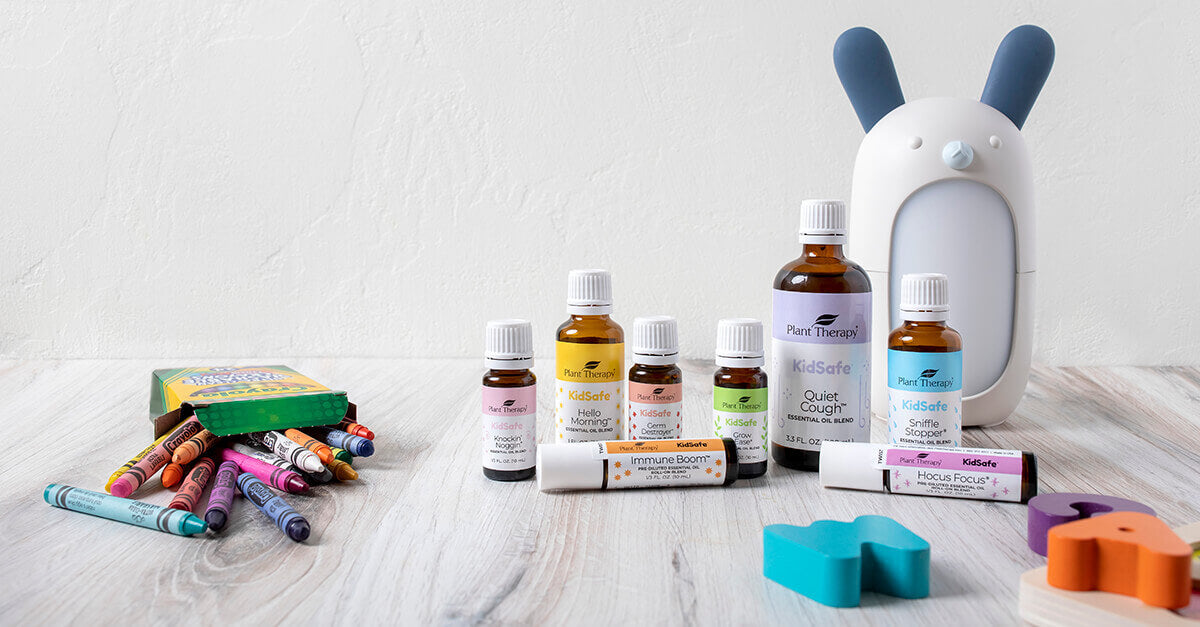Essential oils are so amazing, and in recent years have caused quite the trend in natural personal care. Empowering families and allowing some to avoid visits to the doctor, take care of minor injuries and calm or uplift spirits. We think it’s safe to assume that essential oils are amazing tools however, there are some things it cannot cure. At Plant Therapy, we strive for transparency and the education of our customers. With this in mind, let’s take a look at a few things that essential oils do not do.
Diseases or Severe Illnesses
First, essential oils do not cure diseases. Instead, essential oils help support functions, like immune response, that allow the body to do its job more efficiently. This is why we recommend you do not use essential oils daily, as a preventative, but rather when needed for illnesses. We don’t use antibiotics before we become ill, so why use essential oils in the same way? For injuries, this means helping increase blood flow or reducing swelling, allowing the body to do the work of healing. Essential oils do not “heal” the injury. In the case of an injury, it’s best to use essential oils for the shortest time possible, then either rotate it with something else or discontinue use.
Medication
Essential oils do not replace medication. It’s important to remember that we have come so far in the medical world. Physicians attend years of schooling in order to properly evaluate, diagnose and treat illnesses and other concerns. For emotional support or to help manage minor pain — essential oils can be an amazing tool. There is a time and place for modern medicine, so we don’t recommend replacing your prescription medication without first consulting with your family doctor.

KidSafe Oils and Other Recommendations
There is a time and place for essential oil use. Essential oils shouldn’t be your go-to for every situation. Essential oils aren’t for everyone or all situations. We don’t recommend using essential oils in or near the eyes for pink eye. Also, we don’t recommend using essential oils in or around the genital area. We don’t recommend some essential oils for use on children (especially those under 2 years old). For a list of KidSafe essential oils and blends, check out our chart. Also, please remember there are oils to avoid if you take certain medications or have certain health concerns, like diabetes or a blood clotting disorder.
Essential Oil Shelf Life
Unfortunately, essential oils don’t last forever. Essential oils do have a shelf life, which is important for customers to be aware of when utilizing essential oils. Although they don’t expire like food, once they oxidize, they can cause irritation to the skin or mucus membranes. For a refresher, check out our Shelf Life Chart.
Our Goal
The purpose of this post isn’t to scare you off of ever trying or using essential oils. Rather, it’s to set reasonable expectations of what you can expect if you do choose to use them. Our main priority at Plant Therapy is to provide knowledge and education when it comes to leading a natural way of living. Using tools, like essential oils, herbs, supplements, and even prescription medications can give us a better quality of life.
For any questions you may have regarding this or other information you see on this blog, please contact one of our Certified Aromatherapists by email at [email protected].









